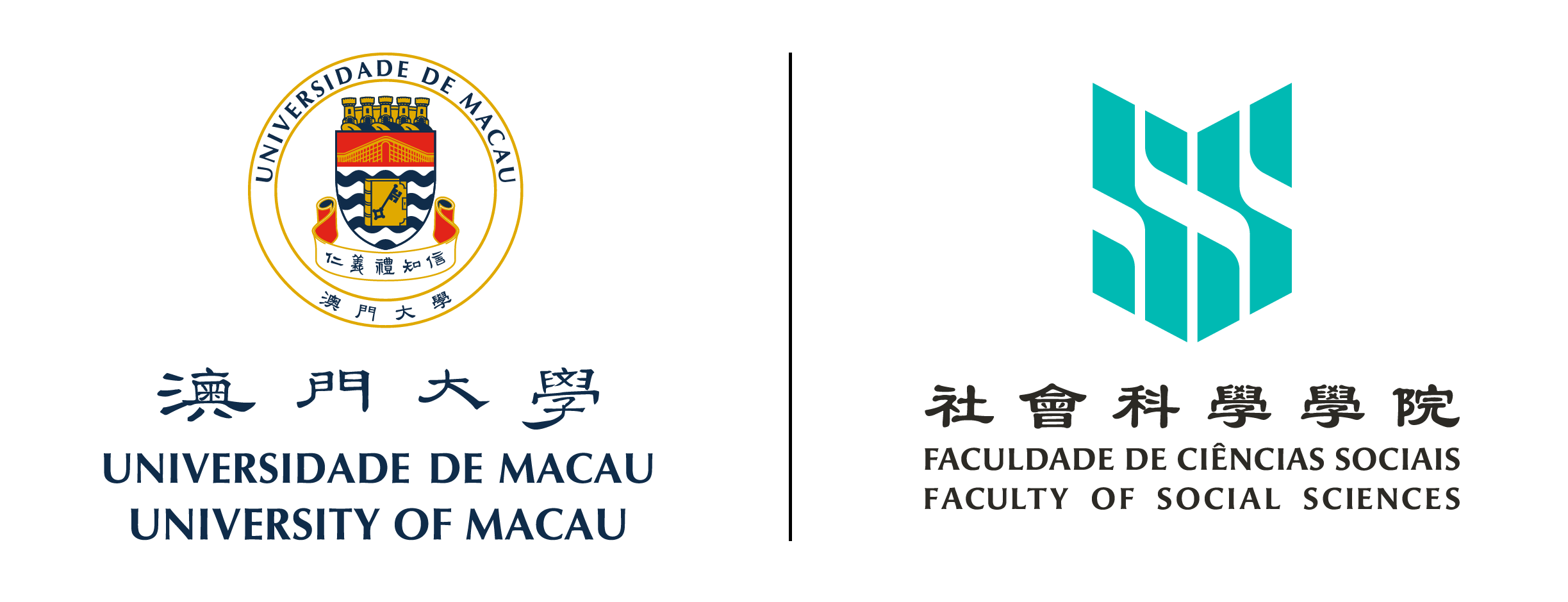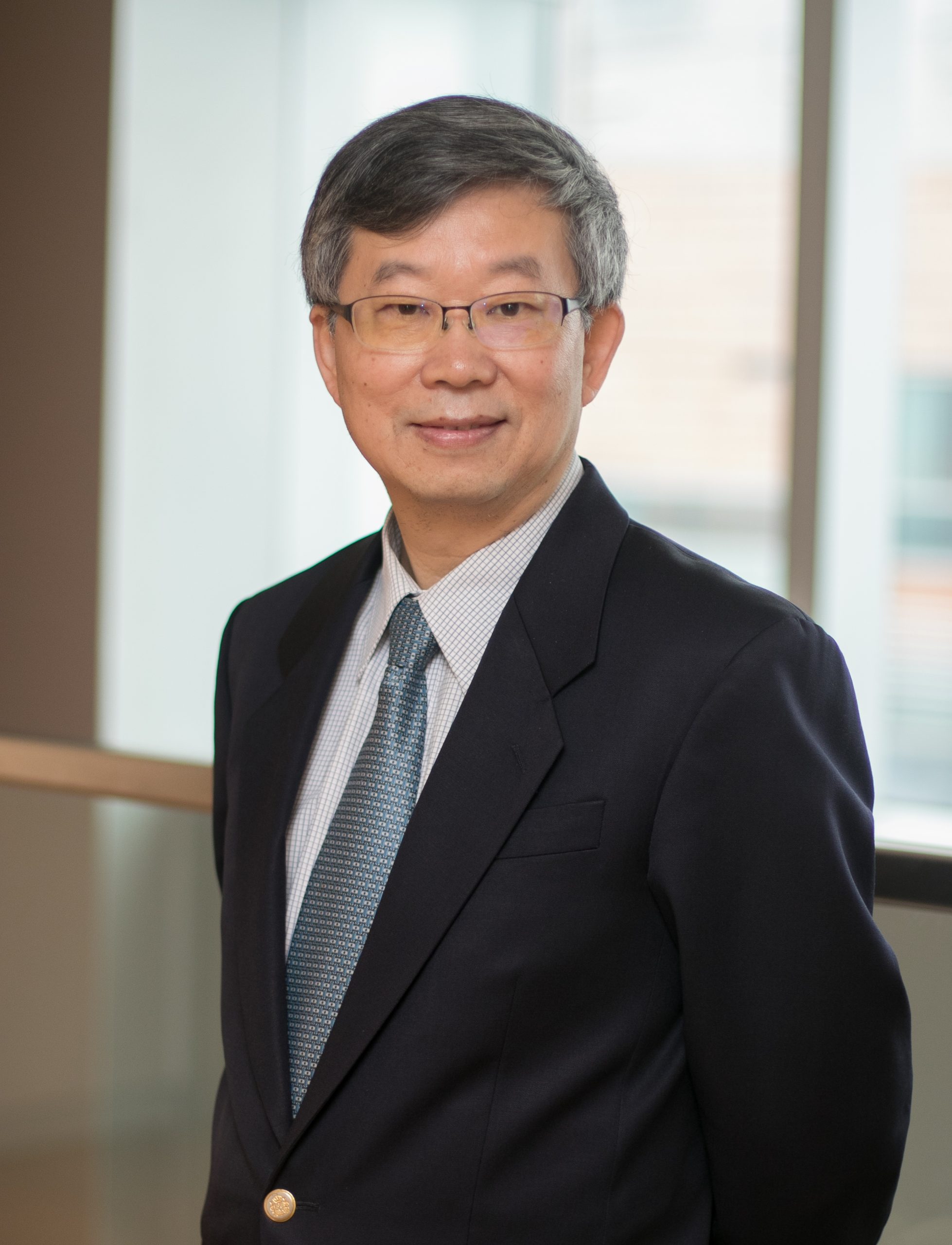Professor Richard Weixing Hu, dean of the Faculty of Social Sciences of the University of Macau, pointed out in an interview with the China Review News Agency that the Third Session of the 13th National People’s Congress voted unanimously to adopt the “National People’s Congress” The Decision on Establishing and Improving the Legal System and Enforcement Mechanism for Safeguarding National Security in the Hong Kong Special Administrative Region is necessary and urgent. He also believes that the Hong Kong issue has become an important battlefield between China and the United States and an important lever for the United States to contain China’s development. However, U.S. sanctions cannot destroy Hong Kong’s status as an international financial center. In the future, Hong Kong’s development will be closely related to the Guangdong-Hong Kong-Macao Greater Bay Area. Districts will be more closely integrated, find new driving forces for development, and tell new stories of their own development.
Hu said that safeguarding national security is the natural responsibility of all governments. It is a top priority for any country to prevent the country from being divided, the basic political system from being challenged, and defending national sovereignty and territorial integrity. Every country has its own national security laws. For example, the United States has enacted more than a dozen laws related to national security.
“From the perspective of the practice of ‘one country, two systems’, ‘stopping violence and controlling chaos’ is a very practical problem that urgently needs to be solved. If this problem cannot be solved, there will be no social peace and stability, and deep-seated conflicts cannot be resolved. ‘One country, two systems'” There is no way to move forward steadily.” Hu said.
Talking about the differences and connections between the “Hong Kong National Security Law” and Article 23 of the Basic Law, Wu pointed out that the two are laws formulated by different entities. They are different but connected with each other. The “National Security Law for Hong Kong” to be enacted by the Standing Committee of the National People’s Congress is a national-level law implemented in Hong Kong. Its legislative process is different from the 23 local legislation. It is formulated by the Standing Committee of the National People’s Congress and will take effect in Hong Kong after being placed in Annex III of the Basic Law. The “Hong Kong National Security Law” does not replace Article 23 of the Basic Law of local legislation. The “Hong Kong National Security Law” mainly targets subversion of state power, secession, intervention by external forces, and terrorist acts and activities. It overlaps with the 23 pieces of legislation, but also has differences. It is foreseeable that in the future, Hong Kong will have both national laws and the SAR’s own legislation to safeguard national security, creating a new “dual coverage” model.


